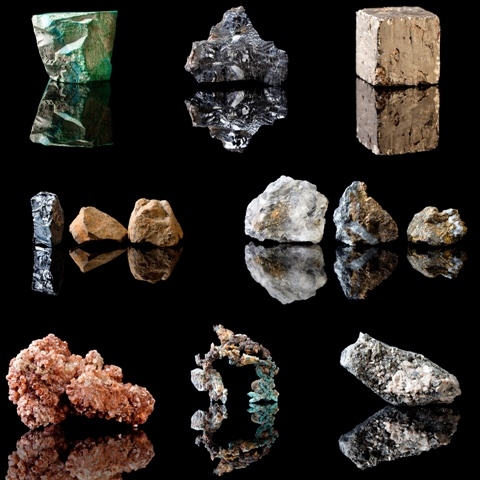
In the absence of progress in filling the gaps in the WTO regulatory framework, EU trade policy for raw materials has focused on addressing provisions on export restrictions in WTO accession negotiations. The EU has also sought to integrate such provisions in bilateral Free Trade Agreements (FTAs), Partnership and Cooperation Agreements (PCAs) and in regional Economic Partnership Agreements (EPAs), to secure access to undistorted markets.
EU strategy also concentrates on the enforcement of existing trade “disciplines” through the WTO dispute-settlement mechanism and on awareness-raising through a wide range of outreach activities. EU efforts to diversify sources of CRM supplies have been complemented by national raw material strategies developed by some Member States.
Trade in critical raw materials (CRMs): Main challenges








[…] yes, and I almost forgot – the rocks! We posted an interesting look at the Trade in critical raw materials (CRMs): Main challenges – what can the EU do to protect its industry from the scary reality that it depends on a handful […]